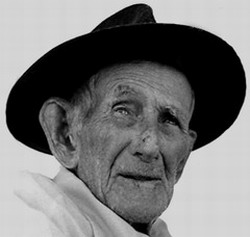Cuba's growing 100-year-old population
- Submitted by: admin
- Health and Medicine
- Science and Technology
- 10 / 07 / 2007

Dr.Alberto Fernandez Secon, director of the Department, said the study was aimed at explaining the factors that have a bearing on longevity and to identify the oldest people in Cuba.
Prior to the general results, Fernandez Seco commented that genetics, sex, and emotional factors, besides an easy adjustment to changes, and healthy habits are among the factors contributing to longer living. Seco bases his views on the results of a survey carried out in the Cuban capital with 270 centenarians.
The survey revealed that the parents of more than 55% of those polled lived 80 years or more. Longevity is thus thought to be based on a theory that suggests that children of people living long lives, known as "genetic filters", develop fewer diseases and therefore live longer. Out of the 270 people interviewed, 210 were women. Dr. Katy Hind Selman-Houssein, a member of the research team, said this preponderance of women could be related to the presence of estrogens and the decrease of iron due to menstruation.
In another aspect of the phenomenon, the study proved that disabilities closely linked to depression decrease in centenarians who live with their families and are emotionally balanced.
The research also found that most people living to be a hundred began to work early in their lives and continued to do so until they were of advanced years; had an adequate acceptance of changes derived from aging; refused to lie-down or sit for long periods of time, and were prudent in the consumption of medicines.
Comments